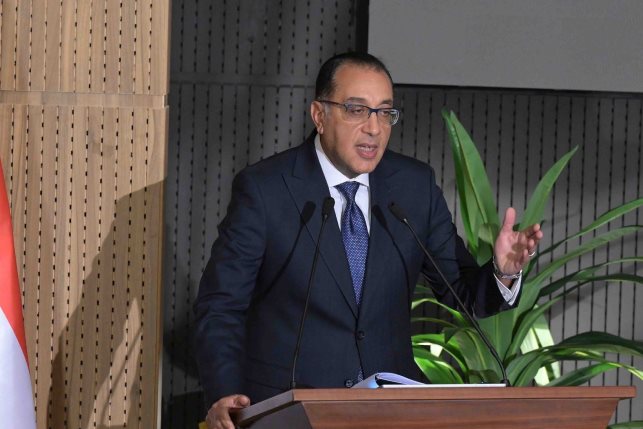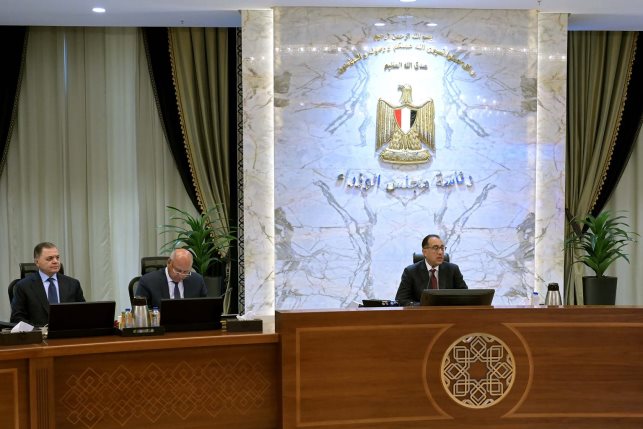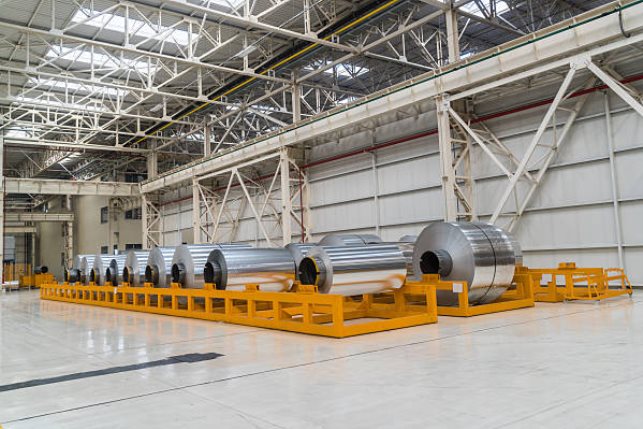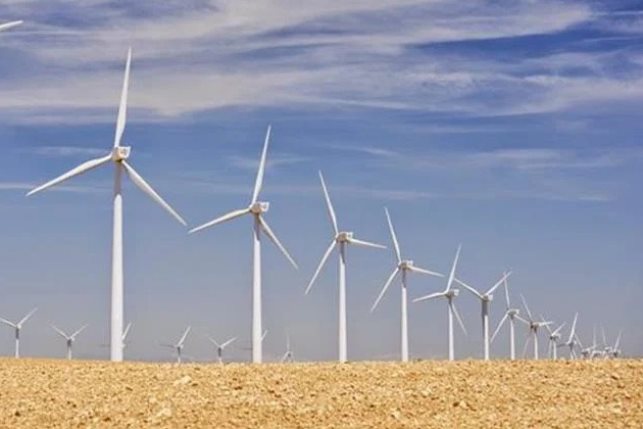Egypt signs MoUs with Alcazar & Voltalia-Arabia for 5.2 GW renewable energy projects
Additionally, another MoU was signed with the Voltalia-Arabia alliance to begin studies for generating 1.1 GW of wind power and 2.1 GW of solar power.
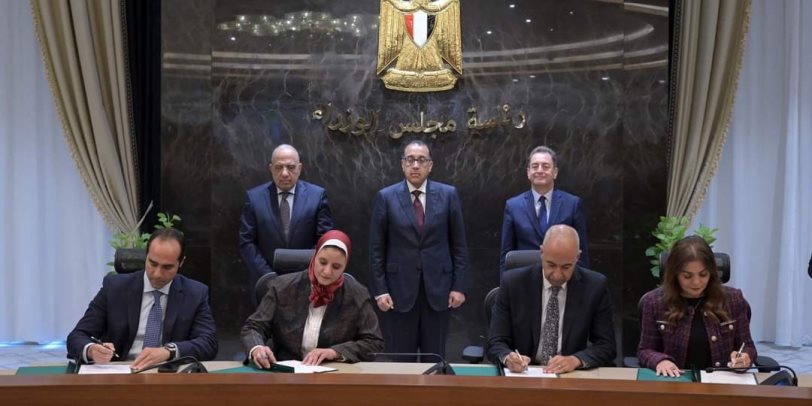
The Egyptian government signed two Memorandums of Understanding (MoUs) with Alcazar Energy and the Voltalia-Arabia alliance to produce electricity from renewable energy sources under a BOO (Build, Own, Operate) model. The projects will have a combined capacity of 5.2 GW, with 3.1 GW from wind energy and 2.1 GW from solar energy.
The MoUs involve agreements between the Egyptian Electricity Transmission Company (EETC) and the New and Renewable Energy Authority (NREA) on one side, and Alcazar on the other, to initiate studies and measurements for a 2 GW wind energy project.
Additionally, another MoU was signed with the Voltalia-Arabia alliance to begin studies for generating 1.1 GW of wind power and 2.1 GW of solar power. The Voltalia-Arabia project is Egypt’s first to integrate both solar and wind energy sources and will be executed in phases.
The studies will encompass wind speed and direction measurements, bird migration patterns, solar radiation levels, and geotechnical, topographical, and environmental assessments. These efforts align with Egypt’s plan to shift to renewable energy and boost private sector involvement in clean energy initiatives.
Minister of Electricity and Renewable Energy, Mahmoud Esmat, emphasized the vital role of renewable energy in reducing carbon emissions, diversifying energy sources, and Egypt’s strategic goal of increasing the share of renewables in its energy mix. This approach leverages Egypt’s natural resources, particularly renewable energy sources, to reduce dependency on fossil fuels and curb emissions.
Minister Esmat also highlighted plans to incorporate battery storage systems, commonly used in renewable energy grids globally, to maximize energy output and stabilize the national grid, especially during peak times.
He added that the private sector is a key partner in renewable energy projects. The ministry is committed to creating opportunities and providing support to encourage local and foreign private investment in clean energy projects.
The Minister also noted ongoing partnerships with both domestic and international private sectors to utilize their expertise and technology in new and renewable energy solutions, energy efficiency, and consumption monitoring.


